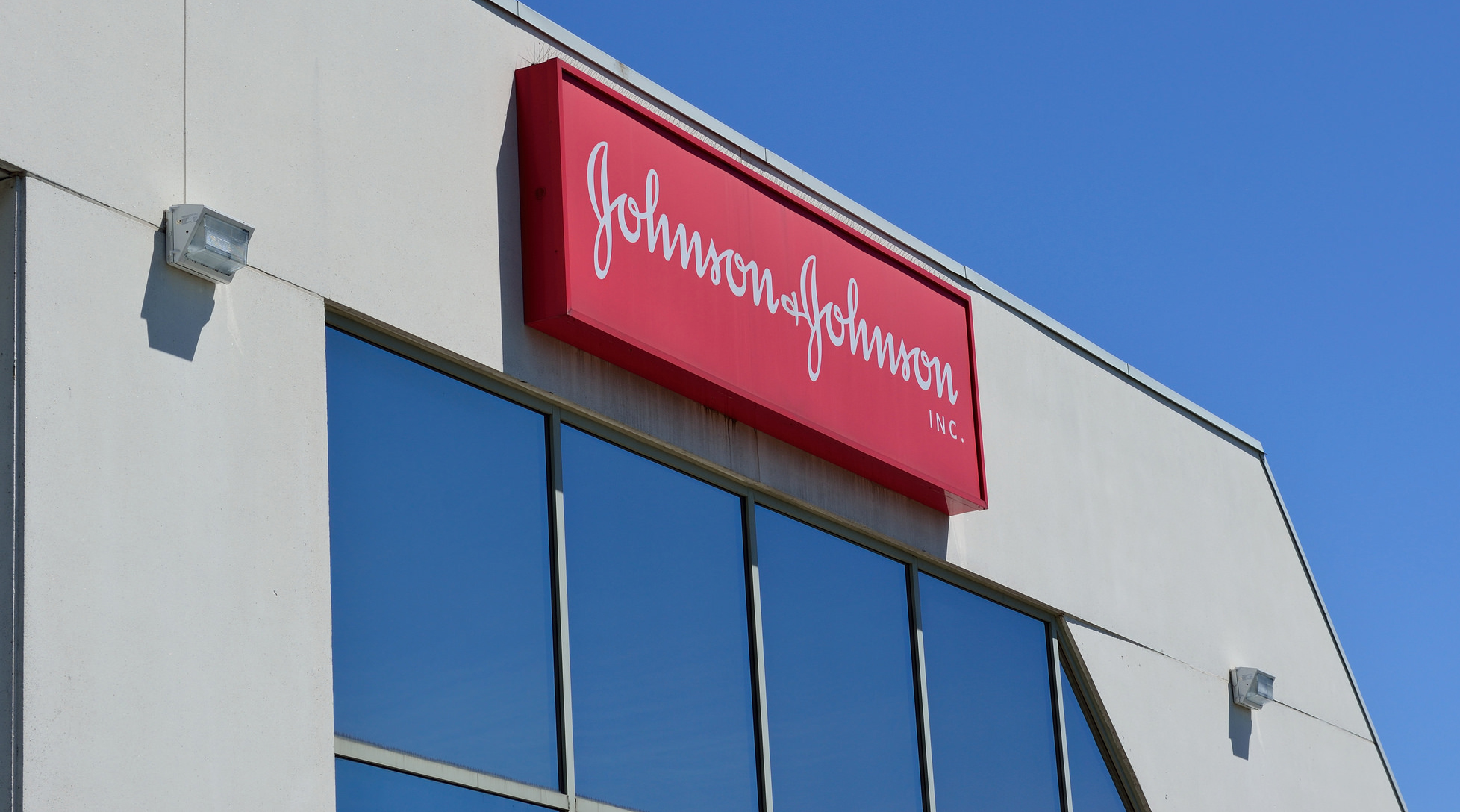
Increased pressure to cut medicine prices and an industry-wide slowdown in consumer health product sales is hurting health care giant Johnson & Johnson.
Those factors, along with a bigger tax bill than a year ago, trimmed J&J’s first-quarter profit slightly, but it still gave a rosier financial forecast for the year.
The world’s biggest maker of health care products cited its biggest-ever acquisition – the pending $30 billion purchase of Swiss biopharmaceutical company Actelion – for the raised forecast. That deal’s expected to close during the current quarter. J&J also benefited from several smaller acquisitions and from the ongoing restructuring of its medical device segment, begun in early 2016.
Revenue was crimped by slower growth in many consumer health product categories and by payers demanding bigger rebates off the prices of certain prescription drugs, Chief Financial Officer Dominic Caruso said in an interview. Caruso said drugs with significant competition, particularly cardiovascular, diabetes and other primary care drugs, were particularly hurt by the pricing pressure.
“The diabetes market is very price sensitive, and (net) prices have been declining for some time,” Caruso noted.
That’s why J&J has been exploring the sale of its diabetes care businesses, which make test strips and insulin pumps, but will continue selling diabetes pill Invokana, whose sales fell 13 percent in the quarter to $284 million.
The New Brunswick, New Jersey-based company on Tuesday reported net income of $4.42 billion, or $1.61 per share, down from $4.46 billion, or $1.59 per share, a year earlier.
Earnings, adjusted for one-time costs, came to $1.83 per share, six cents above Wall Street expectations. Revenue totaled $17.77 billion, up 1.6 percent but below Street forecasts for $18.01 billion.
In late-morning trading, J&J shares dropped $4.62, or 3.7 percent, to $121.10.
Sales in J&J’s prescription drug business rose 0.8 percent to $8.3 billion.
But top seller Remicade, an injected biologic drug for Crohn’s disease, rheumatoid arthritis and other immune disorders, saw sales decrease 6 percent to $1.7 billion.
Near copy, or “biosimilar,” versions of Remicade have cut into its sales in Europe, where they’ve been available for much longer than in the U.S.
Caruso said the launch late last year of Pfizer Inc.’s Inflectra, a biosimilar of Remicade, has had little impact on sales in the U.S. Doctors there are hesitant to prescribe biosimilars, which are relatively new to the U.S. market, for patients doing well on Remicade.
The Tylenol maker’s consumer product sales rose 1 percent to $3.3 billion, while sales of medical devices and diagnostic equipment increased 3 percent to $6.3 billion.
“The company performed mediocrely in two key areas – pharmaceuticals and consumer products. It managed expenses well, but to continue to increase profits, it has to generate better sales increases,” Erik Gordon, a professor and pharmaceuticals analyst at University of Michigan’s Ross School of Business, wrote in an email.
J&J reported spending in the quarter rose only a percent or two for manufacturing, marketing, administration and research and development.
“We believe J&J has a solid new drug pipeline, which, along with the Actelion acquisition, should support long-term growth,” Edward Jones analyst Ashtyn Evans, who has a “Buy” recommendation on J&J, wrote to investors. But she called the quarterly results “mixed,” with “disappointing” overall growth.
Johnson & Johnson said it now expects full-year earnings in the range of $7 to $7.15 per share, up from its January forecast of $6.93 to $7.08 per share. Analysts had been expecting $7.07 per share, on average. J&J also increased its revenue forecast to a range of $75.4 billion to $76.1 billion, up from $74.1 billion to $74.8 billion.
“They’re growing very, very rapidly,” Caruso said, on sales of Tracleer and other drugs for dangerously high blood pressure in the lungs, and Actelion has experimental medicines for multiple sclerosis and infections in late patient testing.
Filed Under: Drug Discovery



